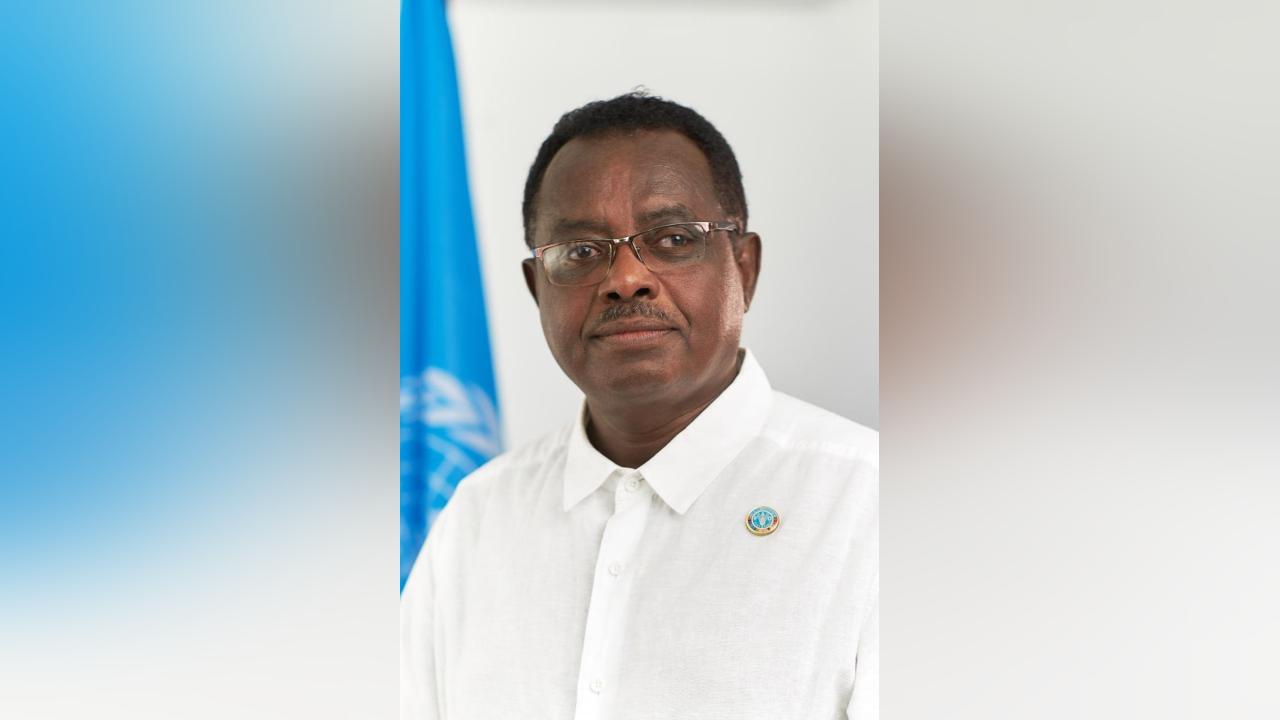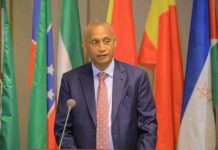Africa-Press – Ethiopia. Assistant Director-General and Regional Representative of UN Food and Agriculture Organization (FAO) Abebe Haile-Gabriel urged for an urgent need to expand the coverage and adequacy of social protection in Africa, particularly to rural areas.
Abebe said in his article issued today that rural poverty and hunger are grim companions and often overlap with agricultural employment in Africa.
Africa is also highly vulnerable to the impacts of climate change, and a significant proportion of the rural population engaged in agriculture is especially exposed to these climate impacts.
Some 389 million people live in poverty in Africa, while 282 million people face a food security crisis. More than a billion Africans can’t afford a healthy diet.
Despite women making up 60 percent of the rural sector, they face worse food insecurity than men, and women farmers often struggle to access means of production and economic inclusion services such as credit, the representative stated.
In this context, he stressed that social protection – comprising social assistance, social security, and social welfare – plays an essential role in reducing poverty, alleviating hunger, improving food security, building resilience, and contributing to productive livelihoods.
Social protection includes a diverse set of policies and programmes that address economic, environmental and social vulnerabilities to food insecurity and poverty by protecting and promoting livelihoods.
Access to social protection significantly increases the capacity of the rural poor to ensure their own food security while strengthening sustainable livelihoods, with multiplier effects on local and national economies.
Moreover, it has the potential to positively shift power relations within households, enhancing gender equality which pays dividends across many sectors.
Currently, only around 17 percent of the population in Africa is covered by at least one social protection benefit, rising to 27.1 per cent for Africa’s older population who receive an old-age pension, according to Abebe.
That leaves many millions of informal rural workers, children, mothers with newborns, unemployed workers, those unable to work due to sickness or injury, persons with disabilities, and many others in deprivation.
He urged for an urgent need to expand the coverage and adequacy of social protection in Africa, particularly to rural areas.
As part of the Global Partnership for Universal Social Protection, FAO is committed to supporting Member countries to expand the reach of nationally appropriate social protection systems and measures by 2030.
FAO will bring together social protection experts, academics, civil society actors and other partners in the rural development space in Kampala, Uganda, for a regional dialogue on social protection on 28-29 May.
This event will explore how coherence can be achieved to drive transformation towards a more efficient, inclusive, resilient and sustainable agrifood systems. The dialogue will explore options to extend social protection to rural populations across Africa.
For More News And Analysis About Ethiopia Follow Africa-Press






